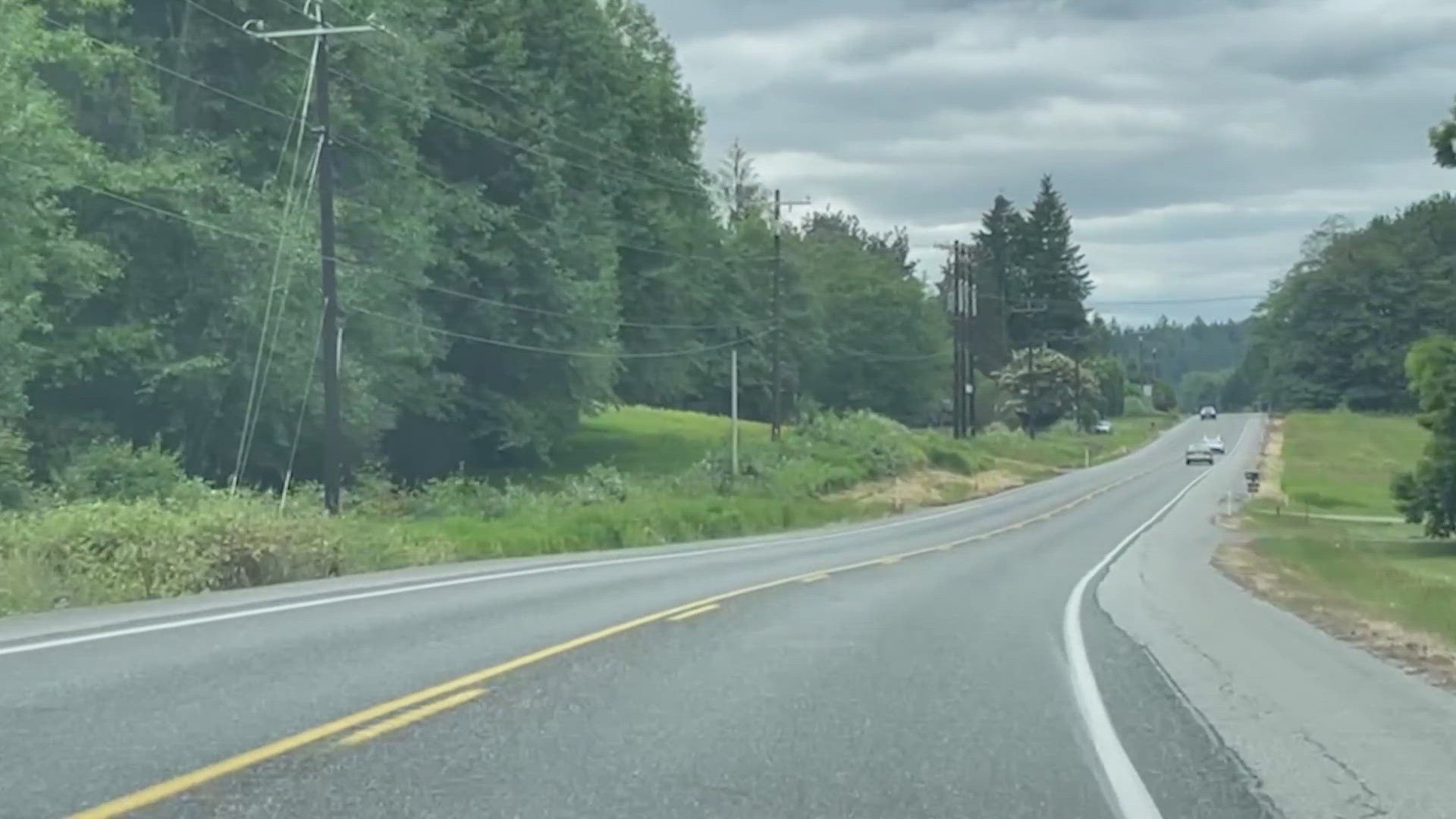DARRINGTON, Wash. — Firefighters need a whole host of tools at their disposal these days. Not just axes and hoses but fiber optics.
That's something lacking at Darrington's Fire District Station 38.
"Right now, this whole station is fed by basically a glorified cell phone," says Chief Joel Johnson.
The station house still depends on DSL or cellular for its internet.
Johnson explained that it could go down in a storm, leaving fire crews without mapping and communications systems.
"It impacts us in the sense that we can't use communications screens for information. We become dependent on our radios, so dispatchers have to walk us through things," says Johnson.
Across Washington, 236,000 people still have no high-speed internet -- mostly in rural parts of the state.
The high cost of connecting small communities with fiber has been a deterrent for internet companies.
Installing one mile of underground or aerial fiber optic line costs between $60,000 and $80,000.
Since 2018, Washington has invested more than $500 million in state and federal funds to provide access to approximately 90,000 households and businesses statewide.
Approximately $17 million of that is coming to Snohomish County, where 4,500 homes and businesses along the 28-mile stretch between Arlington and Darrington are moving into the 21st century.
The county is partnering with Ziply Fiber to better connect people by this time next year.
"We know how high-speed internet is life-changing in terms of having multiple people in a household on the internet at one time, working from home, using the internet for entertainment, even just completing a Zoom call without worrying about dependability and reliability," says Ziply Chief Marketing Officer Mike Doherty."
“Broadband is a vital service for public safety, education, economic opportunity, and health,” says Snohomish County Executive Dave Somers. “By expanding broadband access to over 4,000 homes, businesses, and community institutions along SR-530, we are making significant progress on our goal to increase access."
It all makes Johnson appreciate the slow pace of country life a little more, knowing he can protect the people of his community more quickly.
"Seconds and minutes can make a big difference on the outcome of a situation," Johnson says. "We're excited for this opportunity."
The Washington State Broadband Office says it hopes to release funding to connect the remaining 230,000 or so locations in Washington by early September.

